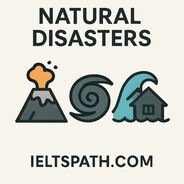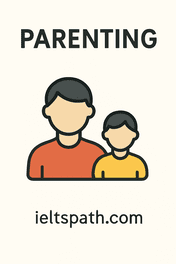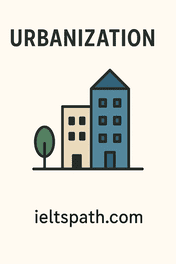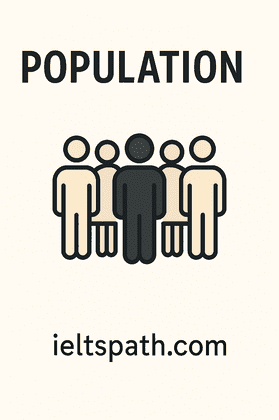Mastering Lexical Resource for IELTS Writing Task 2
Master lexical resource for IELTS Writing Task 2 with topic-specific vocabulary, tips on using a wide range of words, collocations, idioms, and avoiding common lexical mistakes to boost your band score.
4/25/20255 min read
It is important to know how you are assessed over lexical use.
This guide will help you use a wide range of vocabulary with confidence, and avoid common pitfalls.
🧭 Navigation
📘 What is lexical resource?
Lexical resource can simply be defined as the vocabulary you use in your essay. It carries 25% of your band score, along with:
⚠️ A common misconception with lexical resource is to think that you have to use obscure words to do great in this criterion. You do not. The words I am using right now, no matter how simple, are lexical resource.
Band Descriptors for Lexical Resource in IELTS Writing Task 2
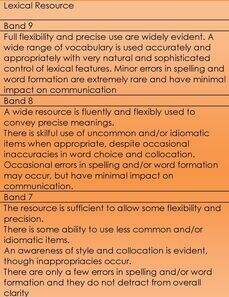

❌ What drops your score in lexical resource?
👉 Overuse or misuse of a word.
🔁 Overuse
If you keep repeating a single term again and again, without using synonyms or another way to talk about the same concept, the examiner gets to know your vocabulary is limited.
But this does not always apply. Sometimes you have to use a given word over and over again. For instance, have a look at the given prompt:
📝 “Many people believe that the use of artificial intelligence (AI) in healthcare is a positive development, while others think it may lead to more harm than good. Discuss both views and give your opinion.”
To write on this prompt, you will have to keep mentioning artificial intelligence, and the examiner knows.
⚠️ Trying to replace AI with robot or smart systems will only hurt your score.
✔️ Whenever you can paraphrase a given word, make sure to do it. Otherwise, keep it simple—use the same word.
🔄 Misuse
Because students are so focused on using a variety of language to show the examiner their range in vocabulary, most of the time, they use synonyms of words that actually are not synonyms.
📚 I read in my linguistics course that no two words are truly synonyms.
Take the word "children" for example. You cannot replace it with words like:
👶 toddlers – very young kids (1–3 years old)
🧒 teenagers – older kids (13–19 years old)
🍼 infants, minors, or youngsters – may sound unnatural or too broad/formal in some contexts
🚫 Use a synonym only when you are sure it actually replaces the key word. Otherwise, simply do not.
👉 Take as few risks with your writing as you can.
🔗 Collocations
Some words belong together, and others do not. Pay special attention to this. For instance:
✅ Make a mistake, not ❌ do a mistake
✅ Take a break, not ❌ do a break
❗This will hurt your score badly if you keep using wrong collocations.
📝 Avoid Spelling Mistakes
In the modern world, because all your devices—📱 mobile and 💻 laptop—have autocorrect options, you never pay attention to the spelling mistakes you make, even if you write daily.
📉 If your mistakes are frequent and affect readability or comprehension for the examiner, you will not get band 5 or above in lexical resource, no matter how extensive your word knowledge is.
🛠 How to fix this?
Write on various IELTS topics with autocorrect turned off, and then check your spellings to find which areas you need to improve.
🗣️ Idioms and Phrases
Idioms and phrases should be used with caution.
💬 We suggest you include idioms and phrases only in your speaking module.
However, do not use them for the sake of it. Don’t force the issue.
💡 Natural language > Forced language, any day!
⚠️ Forcing idioms into formal writing:
In IELTS Writing Task 2 or academic essays, overusing idioms can make your tone informal or unclear.
❌ “The government should nip the problem in the bud before it grows legs.”
✅ “The government should address the issue early to prevent escalation.”
🔻 This will only lower your score. Be cautious.
🧠 Topic-Specific Vocabulary
There are a few general topics that frequently appear in IELTS writing and speaking tests.
📚 You need to work on common phrases, collocations, and idioms for those topics.
We have guides for the following topics, containing:
Complete vocabulary packs
Exercises to test what you’ve learned






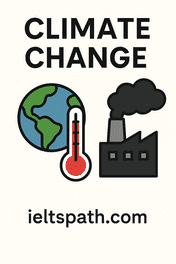

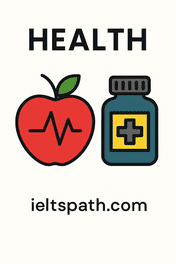

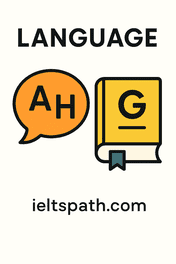



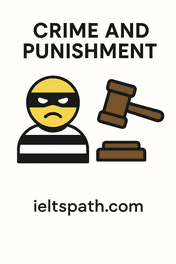

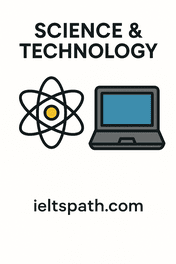













💬 Communicate Clearly
✔️ Use simple and precise language.
❌ Do not overcomplicate things.
Say: ✅ “Unemployment causes poverty.”
Not: ❌ “The state of being without occupational engagement can potentially lead to financial deficiency.”
🎯 Be specific. Don’t beat around the bush.
Instead of saying “education is important,” explain:
Why?
How?
In what field or area does it hold significance?
📖 Learning New Vocabulary
Now you know the importance of lexical resource in IELTS Writing Task 2, but how do you go on learning new vocabulary?
🤔 I think you already know the answer.
💡 You have to consume English.
Memorizing a few words or phrases per topic won’t do the magic.
🎯 Want to write about sports?
Read editorials on sports
Watch matches with live English commentary
Listen to podcasts on the significance of sports
🎧 This is the bothersome—but the only way that works.
⛔ Don’t look for shortcuts. Keep working hard.
💪 Once you accept that, you are halfway there.
Resources
SUPPORT
+923184813655
© 2025. All rights reserved.
📍 RTS (Rise To Succeed), Near Erum Bright Academy, Daro Road, Dadu



